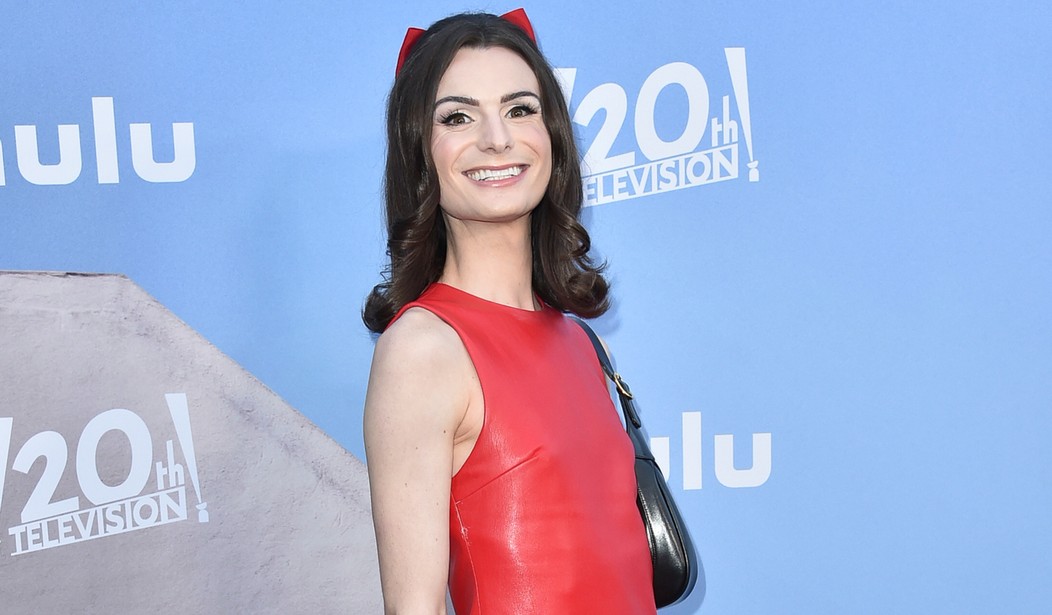Yesterday, David discussed the ongoing collapse at Anheuser-Busch, which is currently unable to even give away its Bud Light beer for free in some cases. The brand has taken on a toxic flavor among much of its traditional core market. There seems no doubt whatsoever that this all revolves around the company’s ill-fated decision to briefly partner with transgender activist Dylan Mulvaney and there are clearly not enough transgender enthusiasts out there who drink beer to make up the difference. And even if there were, the company’s decision to end the engagement would have driven them off anyway. As the New York Post reported yesterday, the damage hasn’t ended yet and sales of other products than just Bud Light have been impacted.
Bud Light’s downward spiral has accelerated in the wake of the Dylan Mulvaney debacle — and the carnage has begun to spill into Anheuser-Busch’s other mega-buck brands, The Post has learned.
Nationwide retail sales of Bud Light were down 23.4% versus a year ago in the week ended April 29 — worse than the 21.4% decline they suffered a week earlier, according to Bump Williams Consulting and NielsenIQ data.
Meanwhile, as beer drinkers discover how many other beer brands fall under the Anheuser-Busch umbrella, the backlash is widening, according to the fresh data.
Sales of regular Budweiser were down more than eleven percent. Sales of Michelob Ultra were down nearly five percent. (I’ll confess that I didn’t know Michelob was an Anheuser-Busch brand.) According to the head of Bump Williams Consulting, this is no longer just “a Bud Light problem.” It’s an “Anheuser-Busch portfolio problem.”
The plunging sales of these products make it easy for Mulvaney and other trans activists to say that the company and, by association, all of its traditional customers are a raging bunch of transphobes or homophobes or whichever phobia is currently the flavor of the week. You’re free to believe that if you wish, but what we’re really dealing with here is a question of brand identity and messaging.
First, consider Budweiser’s historic advertising campaigns. The images followed a few common themes. American flags were nearly always on display while Clydesdales pulled wagons through settings with patriotic themes. Spuds MacKenzie was everyone’s family dog, beloved by Mom, Dad, and the kids. (Fun fact: The original Spuds was a female dog.) It was an American brand soaked in red, white, and blue.
Now consider the ill-fated campaign under discussion. This isn’t just a story about Dylan Mulvaney being someone who enjoys putting on makeup and wearing women’s dresses. This is a person who represents a movement that constantly criticizes America as a bad place full of hateful, racist, homophobic people. They describe America as a place where minorities are denied opportunity rather than being the land of opportunity. And they regularly promote the cancellation of capitalist opportunities for anyone who says something they disagree with.
That’s a message that clearly goes over fairly well with many liberal residents of large urban centers. But it drops with a thud out in the heartland among farmers and middle-class workers. But those urban dwellers are more commonly hanging out in wine bars if they drink at all. They’re generally not bellying up to the bar next to the jukebox to order a shot and a chaser.
Anheuser-Bush had a brand, but Dylan Mulvaney is part of a brand also. It’s a massive oversimplification and in many cases almost certainly incorrect to generically paint Budweiser drinkers as hating transgender people. In reality, they’re just people who love America and Budweiser built its empire on that sense of American pride. Now that association has been tattered and it’s unclear if it can be fully restored.








Join the conversation as a VIP Member